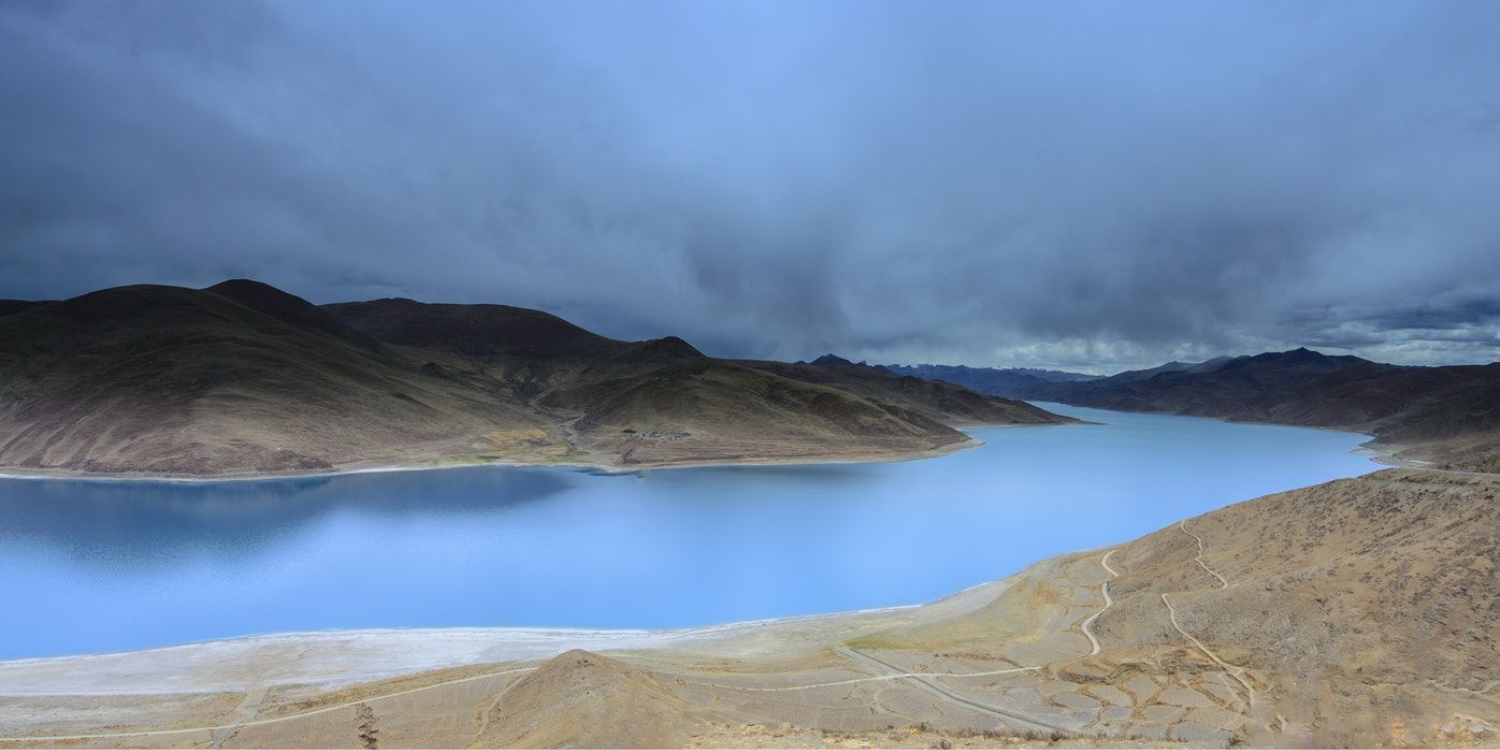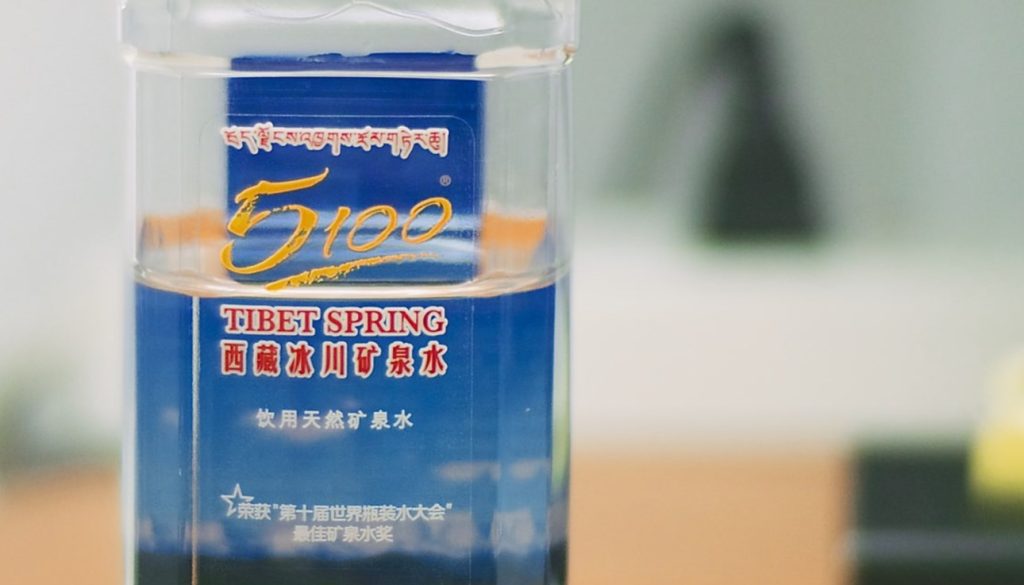Profiting from Purity
Bottled water from Tibet is sold across China, often as a high-end product, trading on Tibet’s reputation as spiritually and environmentally pure. The Chinese government has recently licenced a massive expansion of the industry, leading to a “gold rush” for water in Tibet. As a result, Chinese companies are plundering Tibet’s water with little regard for the environmental consequences or the rights of the Tibetan people from whom it is taken. Now, Western companies are investing in the bottled water business in Tibet.
Threatening Tibet’s Environment
Water in Tibet is bottled from mountain springs and glaciers – and trades on their image. Unlike China, Tibet is abundant in water but its resources are far from infinite. Because of global warming, Tibet’s glaciers are shrinking – they have lost 15% of their mass in the last 20 years. Massive Chinese hydropower dams and water diversion projects in Tibet are already diverting, draining and damaging its rivers. Water is even being bottled from national parks and protected areas, where infrastructure and transportation threaten the fragile natural environment.
The purity of Tibetan water is also under threat from other forms of resource extraction, including mining for copper, gold and silver. Many of these industries simultaneously depend on water usage and generate water pollution, including arsenic, sulfuric acid, mercury and other heavy metals.
"The Tibetan water tower cannot support all the damming and the extracting that is taking place right now. Bottled water doesn’t have nearly the impact that dams and water-intensive industries do, but it’s another big drop being taken out of the bucket."– Jennifer Turner, China Environment Forum, Woodrow Wilson International Centre



